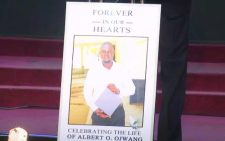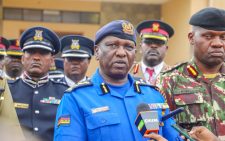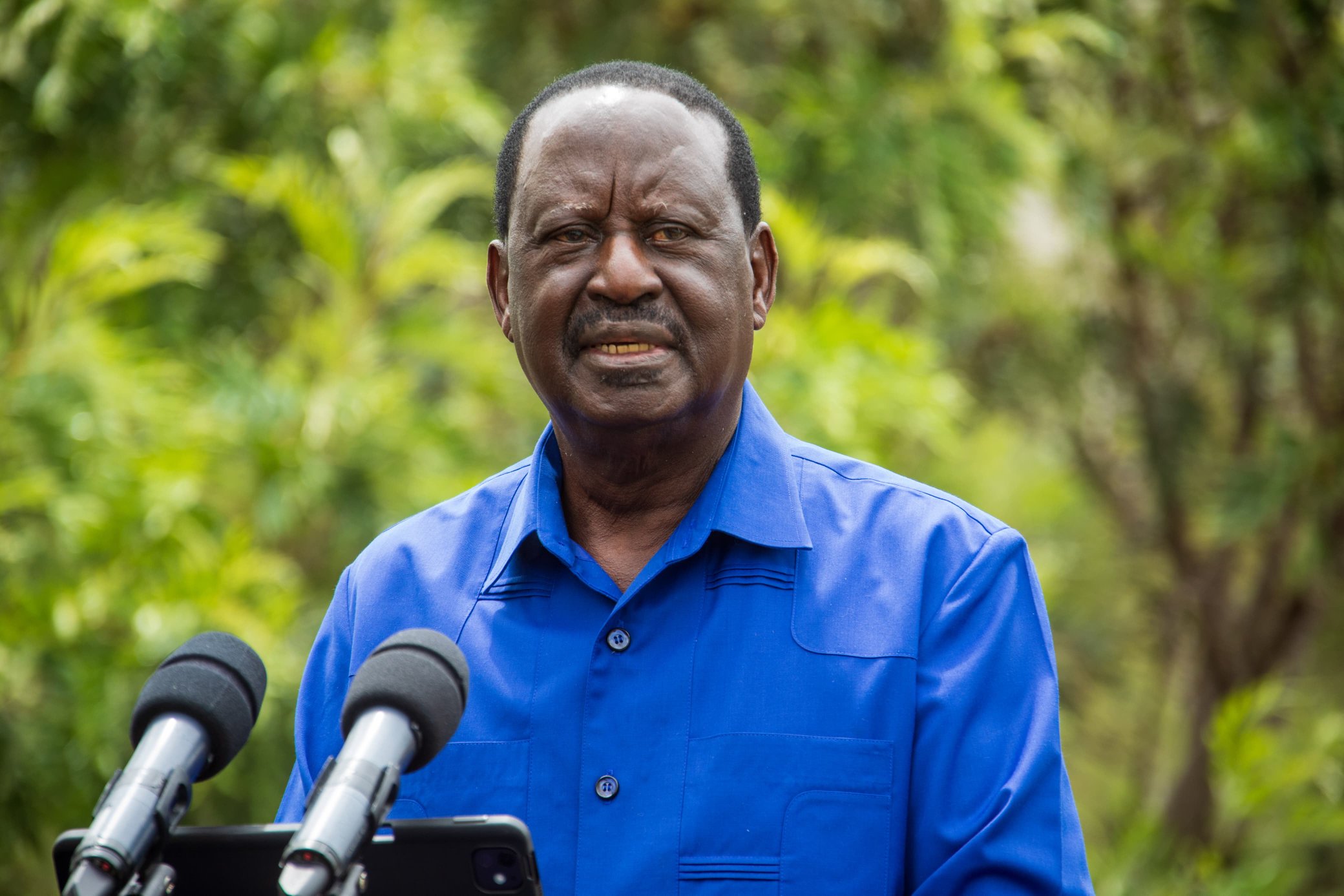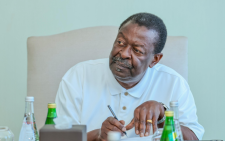With DIGs Lagat & Masengeli, Ruto needs no foes
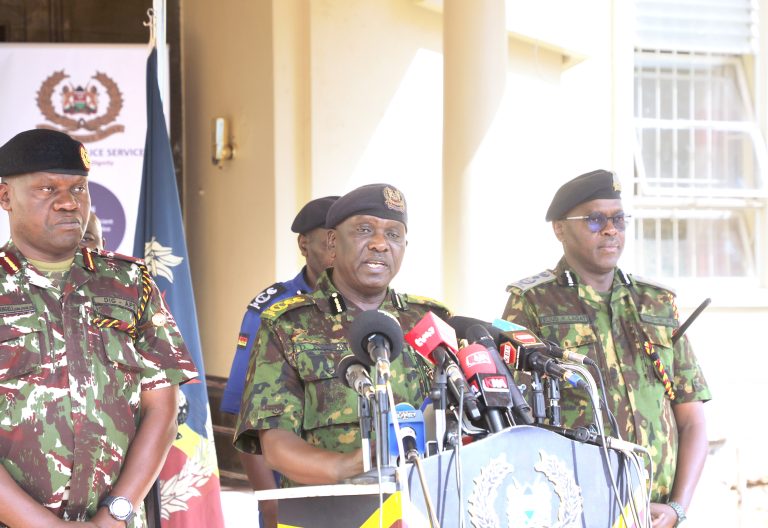
The murder in police custody of a teacher and blogger, Albert Ojwang’ has once again thrust a high-ranking police officer and the entire National Police Service into the eye of a storm.
While the previous flare-up had the Deputy Inspector General in charge of the Administration Police Service, Gilbert Masengeli, as the main actor, it’s now the turn of his Kenya Police Service counterpart, Eliud Lagat, to star in a seemingly never-ending drama that the national police service has become lately.
Like the post-World War II’s “Theater of the Absurd”, rooted in the philosophical idea that life is inherently absurd and devoid of purpose, and humans are unable to control their fate, the two senior police bosses seem to be inherently disposed to excessively emotional and dramatic behaviour, and would do anything within their means to display raw power, bringing dishonour to the offices they hold.
Chapter Six of the Constitution defines “authority assigned to a State officer as a public trust to be exercised in a manner that respects the people, promotes public confidence, and brings honour to the office one holds”.
However, it would seem that at the National Police Service, these constitutional edicts are lofty ideals not meant for uniformed men and women, armed with the instruments of coercion to deploy at whim on anyone who dares cross their path, even without necessarily breaking the law.
We have it on the authority of none other than the Inspector General, Douglas Kanja, that it’s one of his deputies, Eliud Lagat, who was the complainant.
The public is eager to know whether Lagat went through the motions of making a report at any of the police stations to enable the officer on duty to identify possible areas in which the suspect may have broken the law, the number under which occurrence was booked, or if as the boss in charge of the law enforcement and general policing duties, his word and directives became the law on which his overzealous juniors proceeded to arrest and bludgeon Ojwang’ to death.
If it turns out that even before the arrest and subsequent murder of Ojwang’, General Service Unit officers went to a media house along Mombasa road, ostensibly to harass staff and its managers over the same social media reports later attributed to the slain Ojwang’ on the order of Kenya Police Service boss, under whose command the paramilitary and specialised GSU falls, then it’s also of public interest that investigators establish whether there was a police report or a court warrant to that effect that preceded the visit.
But more tragic are the unanswered questions surrounding Ojwang’s last hours as a suspect, the gaps in time from when he was picked from his humble abode in Kakoth village, Homa Bay County, to when he was reportedly booked at the Central Police Station.
What transpired between when he was reportedly booked at the station and who gave the order that he be locked up in a cell separate from the other 58 suspects already booked at the station?
And who gave the orders to interfere with CCTV cameras at the station, and why?
On June 11, 2025, the Inspector General told the Senate that the DIG would resign only if evidence links him to Ojwang’s murder.
Reports that Ojwang may have been removed from his cell on June 8, 2025, taken to Karura forest and tortured, only to be returned either dead or hours before he breathed his last, must be thoroughly investigated.
At whose behest were CCTV cameras at the Central Police Station interfered with
Lagat’s continued stay at Nairobi’s Jogoo House ‘A’ became indefensibly untenable once pathologists who conducted the post-mortem on the lifeless body of Ojwang’ issued their report, dismissing the suicide theory the police had crafted to cover up the murder.
The writer is the Executive Director of the Kenya National Civil Society Centre and Chairperson of the Horn of Africa Civil Society Forum.


